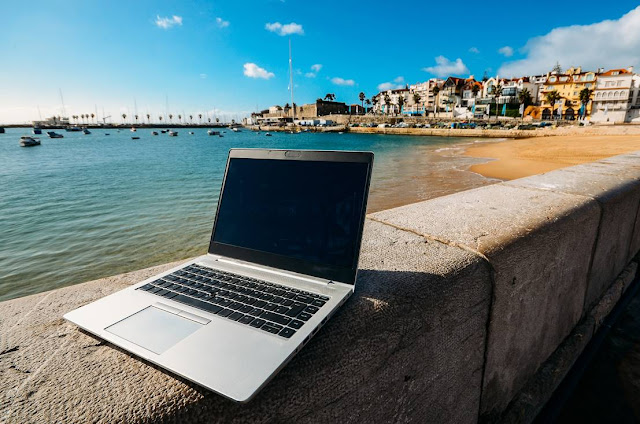Portugal has become one of the top destinations for remote workers and digital nomads. Thanks to its affordable cost of living, great weather, and solid infrastructure, it’s easy to see why. If you want to stay legally in the country while working remotely, the D8 visa—also known as the Digital Nomad Visa—is the ideal solution. Here’s everything you need to know in 2025.
📌 What Is the D8 Visa?
The D8 visa is a type of long-term residency visa that allows non-EU/EEA/Swiss citizens to live in Portugal while working remotely for a foreign employer or operating a foreign-based business.
There are two types of D8 visas:
- Temporary Stay Visa: Valid for up to 1 year, renewable.
- Residence Visa: Valid for 4 months initially, allowing you to apply for a residence permit valid for 2 years (renewable).
📝 Who Can Apply?
The D8 visa is ideal for:
- Freelancers working for international clients
- Remote employees of foreign companies
- Owners of online or remote-first businesses
Important: You must NOT have Portuguese clients or generate income from within Portugal.
📄 Requirements for the D8 Visa
To be eligible for the D8 visa, you’ll need to meet these main requirements:
- Proof of income: Minimum €3,280/month (4x Portuguese minimum wage in 2025)
- Remote work contract or evidence of freelance activity/business
- NIF (tax number) and Portuguese bank account
- Proof of accommodation in Portugal (rental agreement, hotel booking, etc.)
- Private health insurance covering at least €30,000/year
- Clean criminal record from your home country
🗂️ Required Documents
You’ll need to gather the following paperwork for your application:
- Valid passport (must be valid for at least 6 more months)
- Passport-sized photos
- Visa application form
- Signed employment or service contract
- Bank statements proving income for the last 3 months
- Tax return or proof of freelance work
- Proof of address in Portugal
- Certificate of criminal record from your country
🌍 How to Apply for the D8 Visa
Follow these steps to apply for the D8 visa in 2025:
- Step 1: Get your NIF and open a Portuguese bank account
- Step 2: Secure a rental or temporary housing in Portugal
- Step 3: Collect all required documents
- Step 4: Apply at the Portuguese consulate in your home country
- Step 5: Wait for visa approval (usually 30–60 days)
- Step 6: Enter Portugal and apply for your residence permit at SEF (now AIMA)
💶 Costs & Processing Time
- Visa application fee: ~€90–€120
- Residence permit fee: ~€170
- Processing time: 1–2 months for visa, additional 2–3 months for residence permit
🏖️ Benefits of the D8 Visa
This visa opens the door to many perks:
- Live in Portugal legally while working remotely
- Access to Schengen travel (90 out of 180 days)
- Residency rights with potential path to permanent residency or citizenship
- Possibility to bring immediate family via reunification
📍 Where to Live as a Remote Worker in Portugal
Some top cities and regions for remote workers include:
- Lisbon: Vibrant city life, international community
- Porto: More affordable, laid-back vibes
- Madeira: Tax incentives and dedicated digital nomad village
- Ericeira / Lagos: Coastal lifestyle with surf and sun
- Braga / Coimbra: Less touristy, still well-connected
✅ Final Thoughts
The D8 visa makes Portugal one of the easiest EU countries to work from remotely. If you meet the income and documentation requirements, the process is relatively straightforward—and the lifestyle perks are hard to beat.
Pro tip: Start preparing early, especially with NIF, banking, and accommodation. These are often the trickiest parts for newcomers.
📽️ Want to See It in Action?
Check out this video explaining the D8 visa step by step and sharing experiences from remote workers in Portugal:

